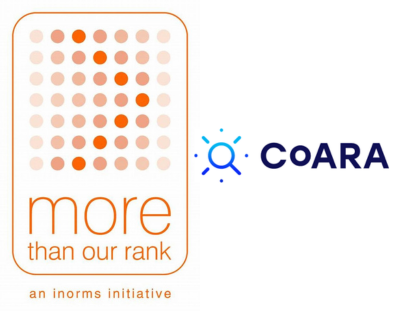International rankings test the (inter)national visibility of universities. They are mainly based on research data. This includes, for example, the number of publications, number of citations, and most cited scientists. These rankings try to give an impression of the quality of education and research, and are mainly aimed at international students. Each of the rankings uses different indicators and methods to measure the performance of universities worldwide. Dutch universities (including VU Amsterdam) are well represented in international rankings, and are among the world's best.
VU Amsterdam considers the CWTS Leiden Ranking, especially in terms of the top 10 percent scientific publications (PP top-10%), as an indicator of its international position in terms of scientific impact. In the 2024 edition, we are listed as number 60 in the world, number 16 in Europe and number 2 in the Netherlands.
We see most of our ambitions reflected in Times Higher Education's Impact Ranking. This impact ranking has existed since 2018 and is socially relevant. Unlike the more traditional rankings that are mostly based on research output, it is about the contribution of universities to the 17 United Nations Sustainable Development Goals (SDGs), in the field of education and research but also in business management. This is in line with the ambitions we propagate, as described in the Strategy 2020-2025, especially with regard to our sustainability spearhead and our profile theme Science for Sustainability.
Shortcomings and undesirable effects
Since 2003, universities have been compared globally, trying to sum up a university in a number. For universities, this is a fact they have to deal with. But these rankings also have serious shortcomings and bring unwanted effects. For this, we refer to the United Nations publication "Statement on global unversity rankings" which lists nine problems:
- they are conceptually invalid
- they are based on flawed and insufficiently transparent data and methods
- they are biased towards research, STEM subjects, and English-speaking scholars and universities
- they are colonial and accentuate global, regional, and national inequalities
- they undermine the development of higher education as a sector
- they pressure universities to adapt to frequent and short-term ranking cycles
- they produce reputational anxiety that negatively affects university behaviour
- they are extractive and exploitative
- global university rankers have a conflict of interest
Universities of the Netherlands (UNL) has also published a critical advisory document called "Ranking the university". For the above reasons, we explicitly point out the shortcomings and ask users (media, students, parents, academics, research funders, ministries, etc.) to handle this kind of ranking with care.
